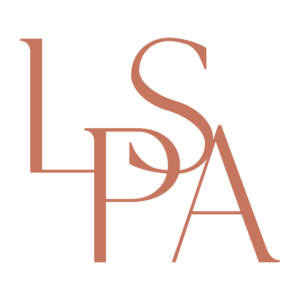LASER SKIN RESURFACING
LASER SKIN RESURFACING
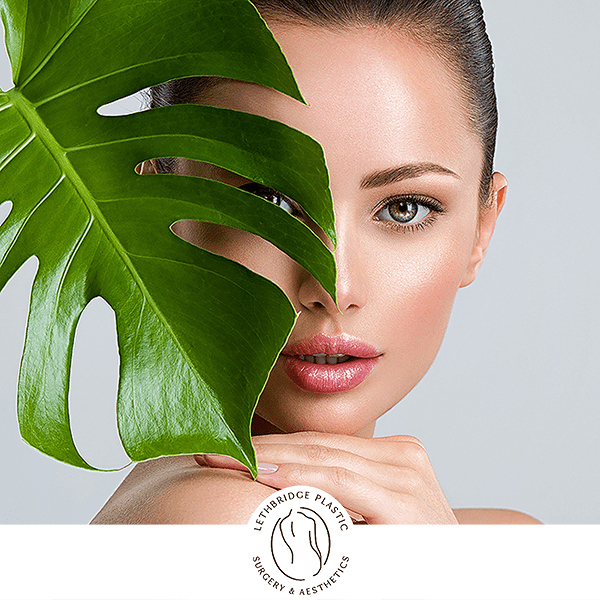
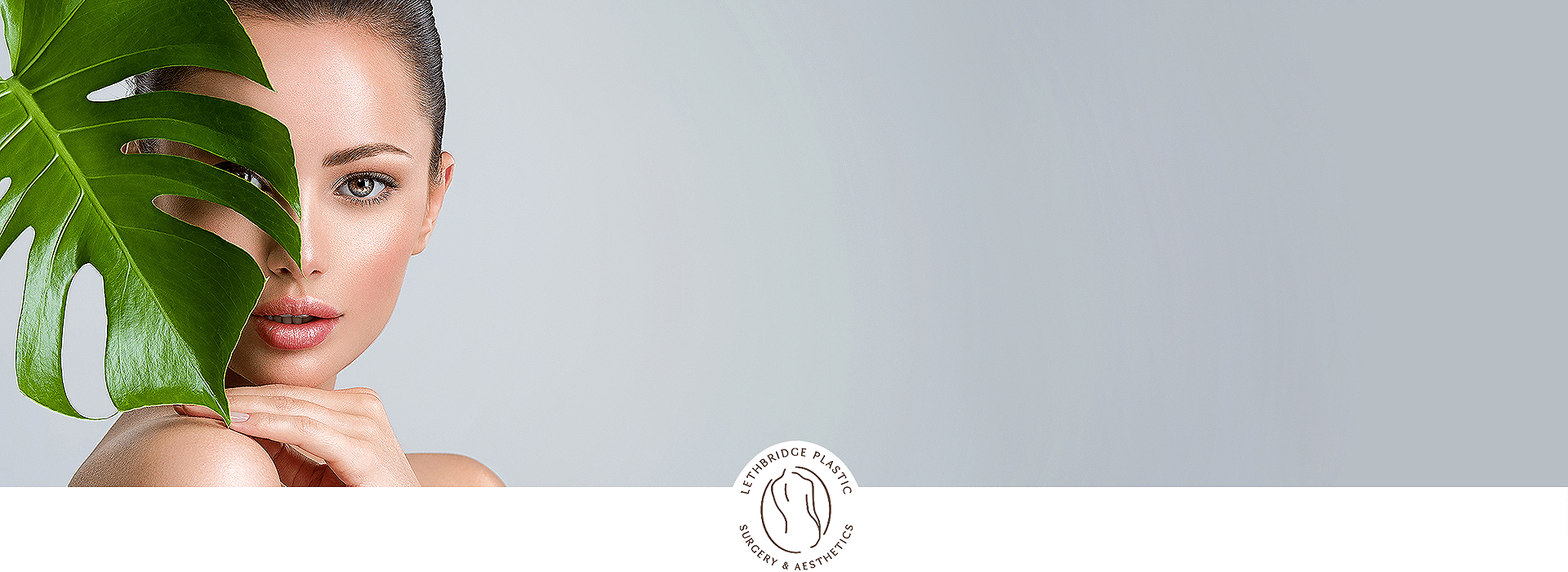
Laser Skin Resurfacing
Laser resurfacing is a facial rejuvenation procedure that uses a laser to significantly improve the skin’s overall appearance and treat minor facial flaws.
Laser resurfacing can also decrease the appearance of fine lines in the face as well as improve your complexion if you have scars or sun damage. Laser resurfacing cannot eliminate excessive or sagging skin.
If you’re thinking about laser resurfacing, it’s important to consider all of your options before making a commitment to one particular laser treatment. In general, laser resurfacing treatments fall under one of two categories: ablative lasers and non-ablative lasers. Both ablative and non-ablative resurfacing can give you dramatic improvements, but they do differ significantly in the final results they produce. In order to deliver the most optimal results for all our patient’s treatment goals, Lethbridge Plastic Surgery and Aesthetics offers both types of lasers.
Should I get Ablative or Non-Ablative Laser Resurfacing?
All laser treatments use energy to penetrate through various layers of the skin to repair the appearance of wrinkles, discolorations, acne scars and other signs of aging. Ablative lasers penetrate deeper, making them a great option for treating mild to moderate wrinkles, facial scarring and skin discoloration. Non-ablative lasers are best at improving skin texture and tone.

Ablative VS. Non- Ablative
Ablative laser resurfacing is the best choice for patients who:
- Show signs of significant facial aging
- Have deep or pitted facial scars
- Want to see significant results fast
- Can take time off from work to recover
Non-ablative laser resurfacing is the best choice for patients who:
- Are relatively young (between 25 and 65 years of age)
- Have mild to moderate signs of aging (with minimal skin sagging)
- Are willing to undergo multiple treatments before seeing results
- Can’t afford to take time off from work
Am I a Good Candidate?
Ablative laser treatments are ideal for individuals with Fitzpatrick skin types I-III, light-to-olive complexions, who are looking to diminish the appearance of fine lines and wrinkles, soften acne scarring, and improve skin tone.
Candidates with Fitzpatrick skin types IV and above, medium to deeper skin tones, should be cautious when considering laser resurfacing. Although non-ablative lasers are not as invasive as ablative lasers, the risks of post-inflammatory hyperpigmentation and scarring still exist. If considering this procedure, it is essential that you look for an experienced skincare professional with extensive knowledge and a proven track record in treating patients with deeper skin tones. Additionally, it is especially important that all pre- and post-procedure instructions are followed diligently, especially the use of a broad spectrum sunscreen.
Laser surfacing might NOT be recommended if you:
- Have taken the acne medication isotretinoin (Claravis, Myorisan, Zenatane) during the previous year
- Have an autoimmune disease or a weak immune system
- Have a tendency to form scars
- Have had radiation therapy to the face
- Are prone to cold sores or have had a recent outbreak of cold sores or herpes virus
- Have a darker skin tone
- Are pregnant or breastfeeding
Our Skin Resurfacing Lasers
CO2 ABLATIVE LASER
CO2
ICON 2940 LASER
ICON 2940
Skin Resurfacing Improves the Appearance of:
- FINE LINES
- DEEP WRINKLES
- SUN DAMAGE
- ACNE SCARS
- OTHER TYPES OF SCARRING
- PIGMENTATION IRREGULARITIES
- LESIONS
- SKIN TEXTURE
Other Services:
In addition to laser skin resurfacing, LPSA offers many other treatments and medical grade skin care products at our Lethbridge, Alberta office. View a complete list of our aesthetic service to see how we can help you meet your skin care goals.
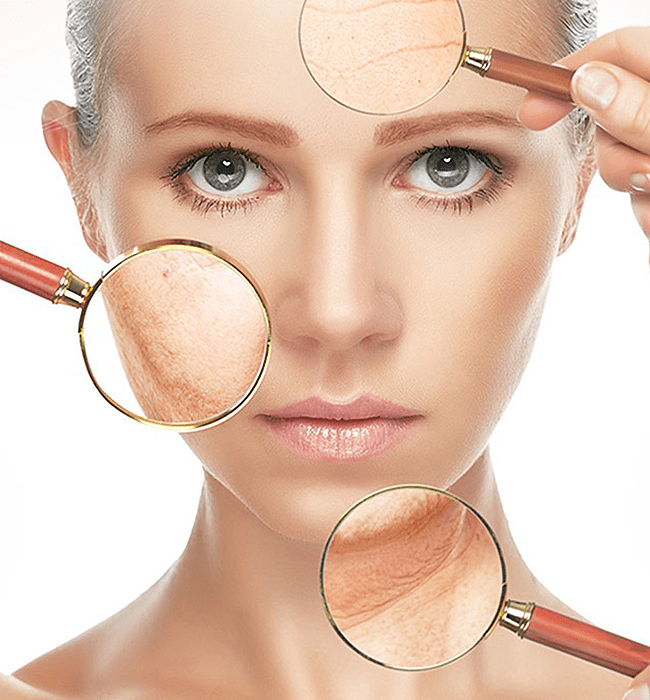
The Fitzpatrick Scale Explained:
The Fitzpatrick scale is a skin typing test developed to estimate the response of different skin types to the sun. In aesthetics, it is used to help us determine your response to certain procedures, such as laser rejuvenation therapy and medical grade peels. Below you will see an example of each Fitzpatrick skin type 1-6.
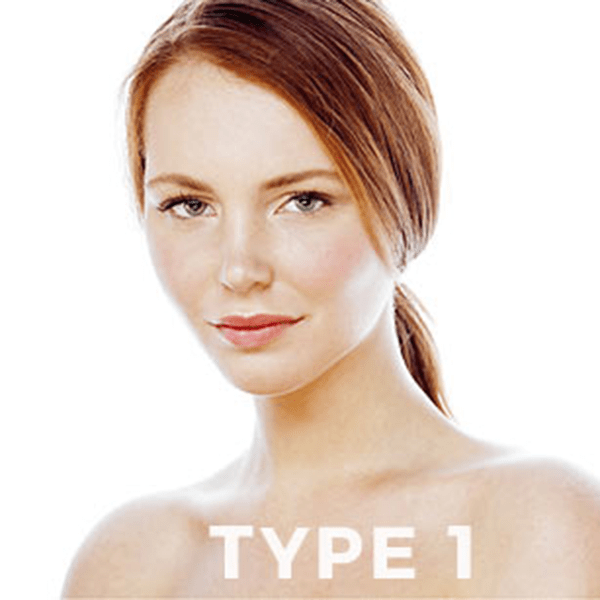
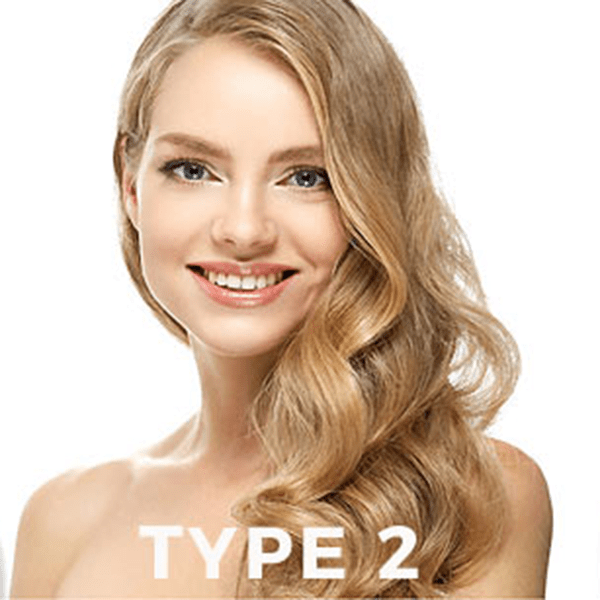
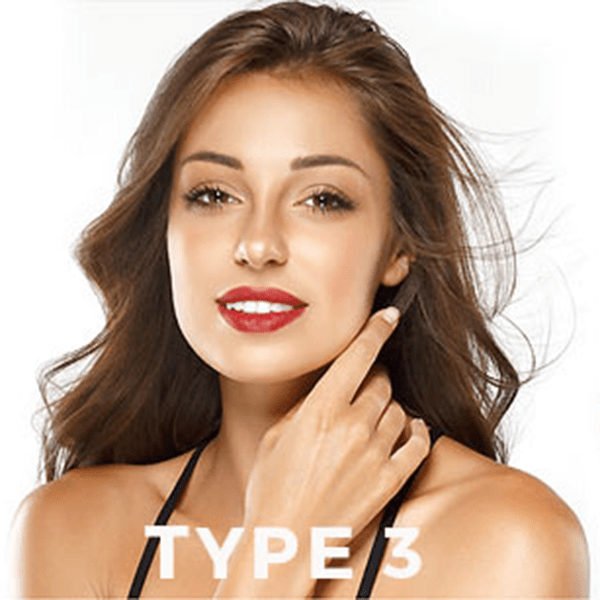
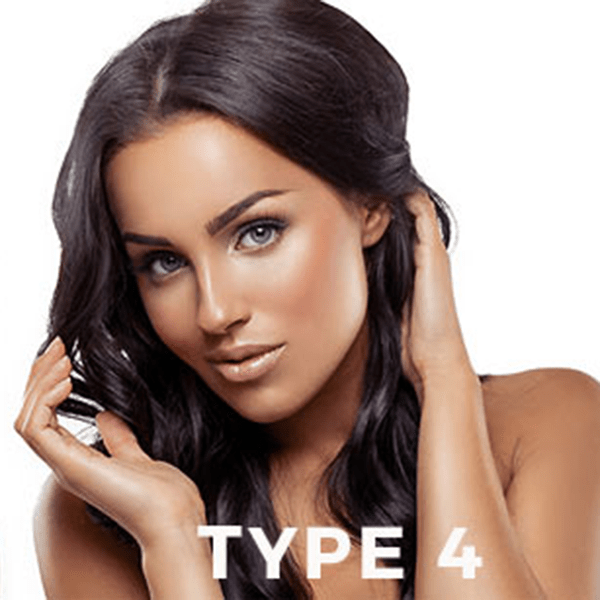
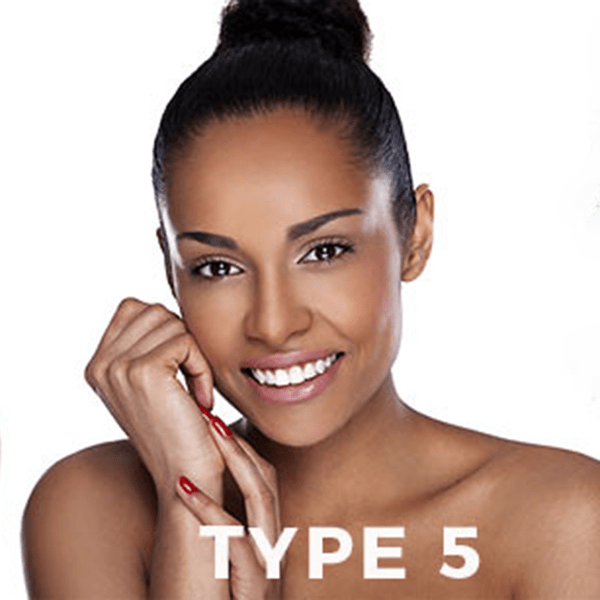
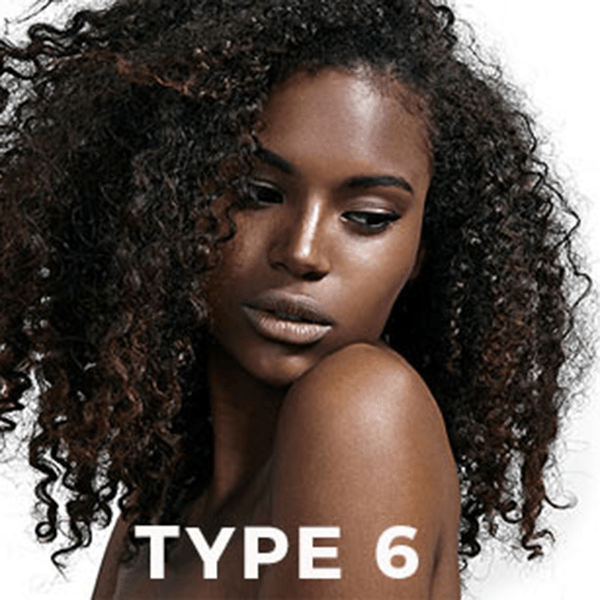
Length of Procedure?
120 Minutes
Discomfort Level?
Moderate
Recovery Time?
CO2 Laser= 1-2 weeks
2940 Laser = 5-7 days
Anesthesia Offered?
Yes, you will be offered numbing cream.
After Treatment
Results: Although this procedure is intense, the results are significant. An ablative laser will result in new skin with results lasting up to five years.
Lasts: Up to 5 years.
Maintenance: The results may be extended beyond 5 years with ongoing maintenance treatments such as chemical peels and microdermabrasion. Post treatment it is essential that you use a physical block sunscreen and avoid sun exposure.
**Each client is unique, and these are general treatment guidelines.

